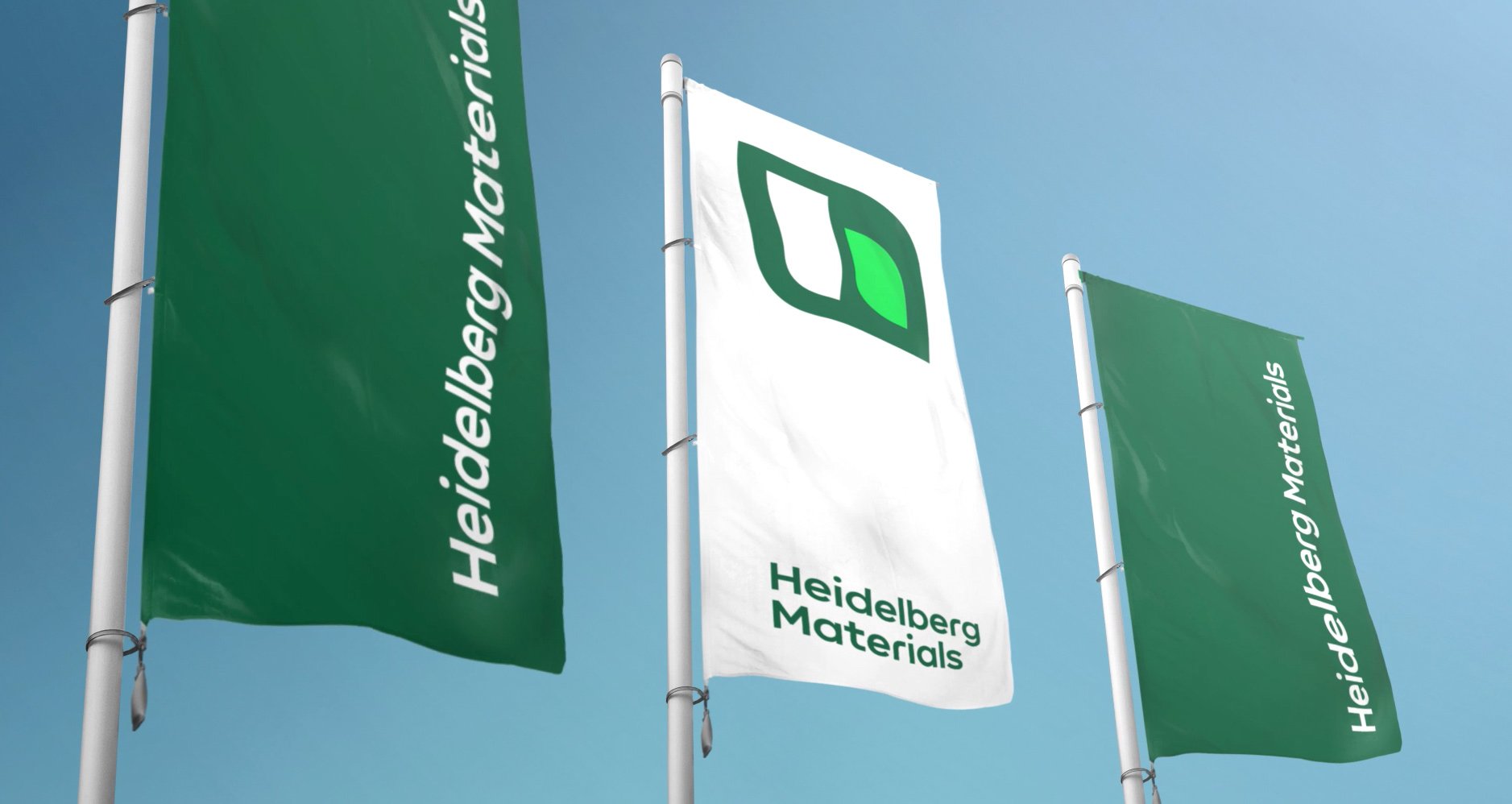Advancing circularity: Heidelberg Materials launches first industrial scale facility for enforced carbonation in Poland
- Launch of breakthrough pilot facility for enforced carbonation at Heidelberg Materials’ cement plant in Górażdże, Poland
- Patented ReConcrete process combines circularity and decarbonisation, using recycled concrete paste (RCP) to significantly lower the CO₂ footprint of cement and concrete
- Project aims to serve as a blueprint for other initiatives worldwide
Heidelberg Materials has started operations at its new industrial pilot facility for enforced carbonation in Górażdże, Poland. This marks the next step in the large-scale implementation of Heidelberg Materials’ patented ReConcrete process, which leverages new potential in the production of sustainable building materials by combining circularity and decarbonisation.
The new facility in Górażdże processes recycled concrete paste (RCP) recovered at the company’s first-of-its-kind recycling plant in Katowice, Poland. RCP naturally absorbs and permanently binds CO₂, thereby acting as a carbon sink. To harness this potential and accelerate the natural process, the RCP undergoes a treatment known as enforced carbonation. This process involves exposing the RCP to exhaust gases from the kiln in Górażdże, allowing CO₂ to chemically bind within the material. Once carbonated, the RCP can be used as a supplementary cementitious material (SCM), partially replacing energy-intensive clinker in composite cements.
“Scaling ReConcrete is an important step for us in unlocking new ways to reduce the carbon footprint of our products,” explained Dr Katharina Beumelburg, Chief Sustainability and New Technologies Officer at Heidelberg Materials. “At the same time, it is an excellent showcase of our integrated approach to sustainability – we can now combine circularity and resource efficiency with decarbonisation, leveraging RCP’s natural ability to bind CO₂.”
“I’m proud of our teams for successfully bringing ReConcrete to life, which marks a significant milestone on our journey to closing the CO₂ cycle in cement production,” said Jon Morrish, Member of the Managing Board of Heidelberg Materials and responsible for Europe. “With the collective strength
of our local team and central R&D functions, our accomplishment in Poland will serve as a blueprint for similar projects across the Group as we continue to expand our circular and low-carbon product offering for our customers.”
The process has the potential to reduce CO₂ emissions by a total of approximately 900 to 1,000 kg per tonne of RCP used. This total includes 100 to 150 kg of CO₂ that is permanently bound during the carbonation of RCP, and an additional 750 to 850 kg of CO₂ emissions that are avoided by replacing clinker with carbonated RCP in composite cements.
In July 2024, Heidelberg Materials launched the first phase of large-scale implementation of ReConcrete by opening an innovative recycling plant for selective separation in Katowice, Poland. This pioneering facility features a proprietary crushing mechanism that enables advanced separation and sorting, allowing for the complete recycling of old concrete into its original constituents. The fractions obtained include sand and gravel of the highest quality, equivalent to the one of virgin raw materials, with RCP as the finest of the fractions.
Heidelberg Materials will now focus on conducting operational trials and evaluating the technology under industrial conditions. The company’s pilot facility is part of the international “Carbon4Minerals” research and development project, carried out by a consortium of leading scientific, technological, and industrial partners across Europe. The project is co-funded by the European Union and by the Swiss State Secretariat for Education, Research, and Innovation (SERI).
Caption: Heidelberg Materials' industrial pilot facility for enforced carbonation at its cement plant in Górażdże, Poland
- About Heidelberg Materials
- Heidelberg Materials is one of the world's largest integrated manufacturers of building materials and solutions with leading market positions in cement, aggregates, and ready-mixed concrete. We are represented in around 50 countries with around 51,000 employees at almost 3,000 locations. At the centre of our actions lies the responsibility for the environment. As the front runner on the path to carbon neutrality and circular economy in the building materials industry, we are working on sustainable building materials and solutions for the future. We enable new opportunities for our customers through digitalisation.

